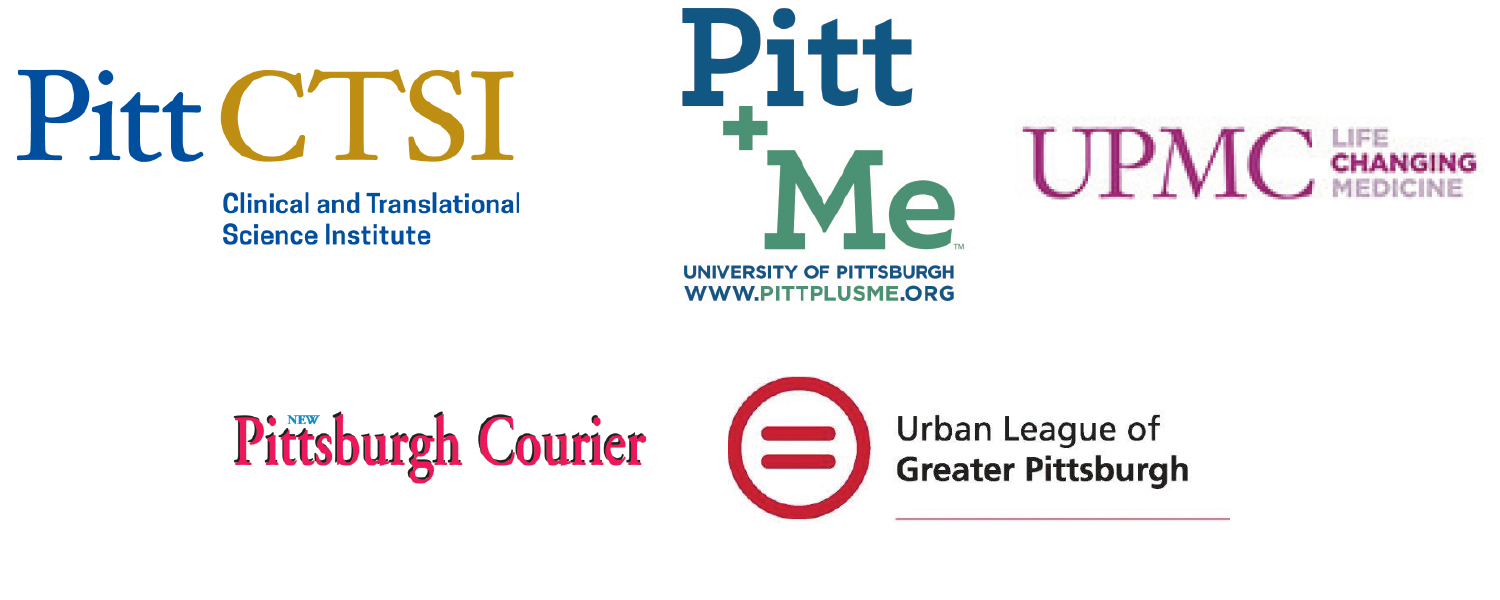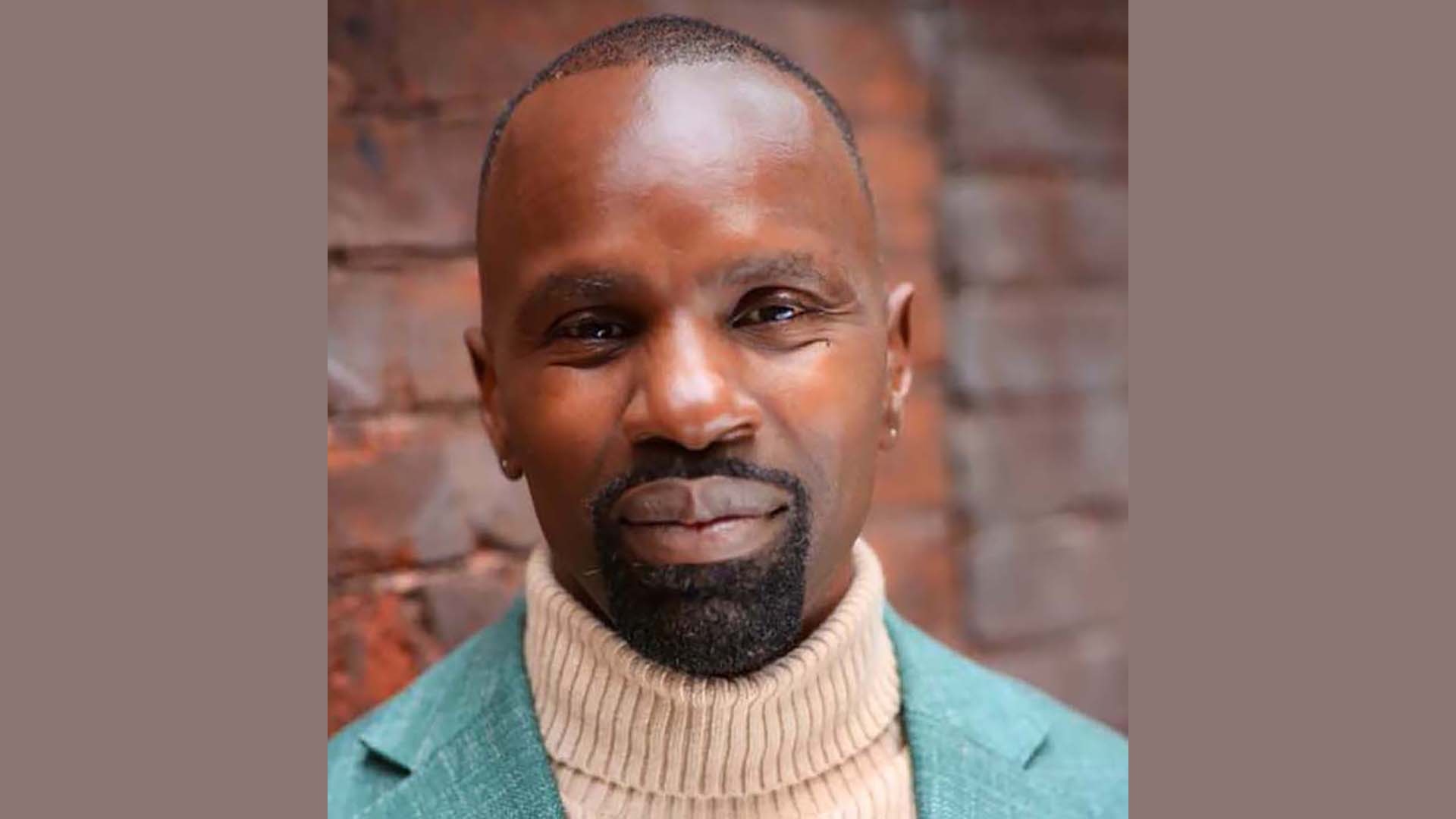This month’s Courier health page highlights the use of artificial intelligence, or AI, in the healthcare system, including its potential to produce faster and more accurate diagnoses. Carlos T. Carter, President and CEO of the Pittsburgh Urban League, talks about his ideas on the role AI plays in Black communities.
Q: Carlos, please comment on the importance of getting better and faster outcomes for Black patients when they go to the doctor — especially considering historical relationships with the healthcare system.
Carlos: There’s a lot of potential for AI to improve healthcare by making diagnoses faster and more accurate. This has the potential to be especially important for Black patients who’ve long faced disparities in treatment and outcomes.
Historically, Black communities have dealt with systemic racism in healthcare, leading to mistrust and poorer care. The Urban League recently attended and spoke at the Black Maternal Health Summit at Acrisure Stadium showcasing the history and systemic injustice that has led to Black mothers having one of the highest mortality rates while being pregnant and giving birth. If AI is done right, we’re hopeful it could help change those rates — and close other gaps in healthcare — by catching diseases earlier and making care more consistent.
Q: Are there things about how AI is rolling out in healthcare systems that worry you, such as how it uses data?
Carlos: If AI is trained on biased data, it can reinforce existing inequalities. Some tools have already been shown to underestimate illness in Black patients. Also, if these technologies aren’t transparent or equally accessible, they risk continuing to underserve the very communities they could help most.
There’s also the human element to consider. Healthcare can be a scary topic, especially if you don’t have a robust support system in place. The dehumanization of the process can lead to a loss of trust in the overall healthcare system. Ensuring AI remains a tool — and not the dominating factor in healthcare — will be critical.
Q: Why is it important to make sure the Black community is AI literate and has a good understanding of how AI works in areas like healthcare?
Carlos: As AI becomes more common in everyday life, especially healthcare, it’s vital that everyone, including the Black community, understands how it works. AI literacy helps people ask informed questions, spot bias, and advocate for fair treatment — especially in systems that already have a history of inequality.
If Black communities aren’t part of the conversation or trained in these tools, they risk being excluded or misrepresented. Building knowledge now means building power for the future. AI has the potential to be a huge improvement in quality of life for millions if not billions of people. However, there needs to be regulation and education to ensure the historical and systemic biases of the past do not make the leap into the AI world of the future.


